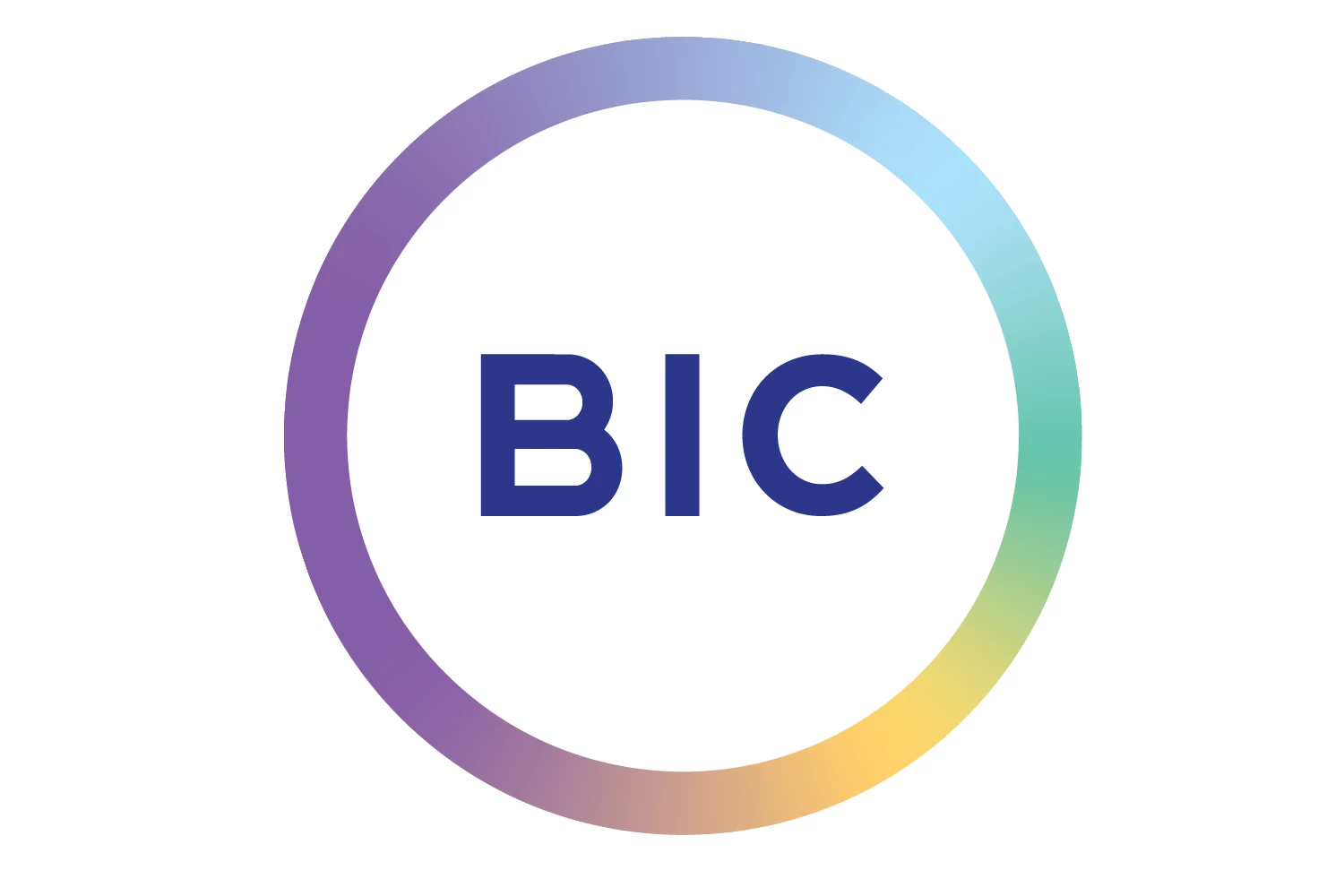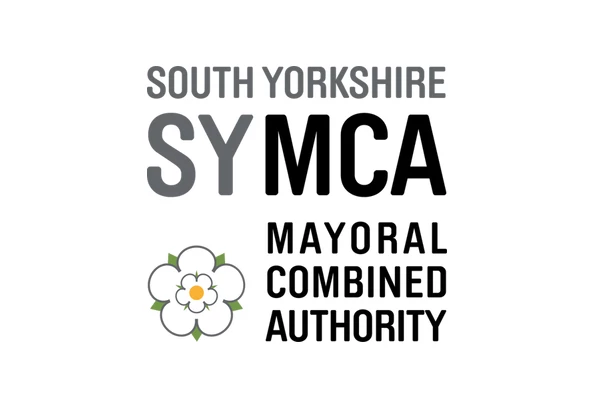
Member Article
Business support consultancy helping firms to manage ‘National Sickie Day’
Dubbed ‘National Sickie Day’, the first Monday in February is the occasion which traditionally sees the highest number of workers calling in sick.
A perfect storm of factors – cold, wet weather, Christmas credit card bills, long, dark days, no prospect of holidays and perhaps a hangover for those who ended Dry January with a binge – all combine to create conditions in which more staff take a day off than at any other time of the year.
Manchester-based business advisors ELAS estimate that sick day absences on 3 February 2014, may cost the economy up to £34 million in salaries, reduced productivity and lost opportunities.
And to add insult to injury, some staff come up with outrageous, outlandish or just plain daft reasons for taking the day off.
ELAS have noted the following excuses reported to them by exasperated employers on previous ‘Sickie Days’:
· A man claimed he couldn’t come in because his girlfriend’s sister was having a baby. A follow-up call by the employer to check revealed NO girlfriend and therefore NO sister, and NO baby
· A woman said she couldn’t come in because she’d hurt her finger in a fight with her boyfriend
· One man stayed off because his mother had washed his only pair of work trousers - and they were still wet
Head of Consultancy with ELAS, Peter Mooney, said: “Every year, at this time, we see a rise in absences among workers as they struggle to cope with all the factors that make it such a dispiriting time.
“Staff shortages can considerably zap workplace energy and productivity levels, and it can be hard for employers to see the funny side of these far-fetched excuses when they’re struggling to keep a business going.”
That may be the key to deeper, underlying problems, according to Cary Cooper, Professor of Organisational Psychology and Health at Lancaster University.
Prof Cooper, who has written or contributed to more 160 books on occupational stress and workplace psychology, believes that employers and staff need better relationships.
He said: “Sometimes we all feel we’ve just had enough; that even if we do drag ourselves into the office, we won’t actually contribute very much. Maybe staff and managers should just trust each other a little more.
“The ‘National Sickie Day’ may seem like a bit of a joke with some of these wild excuses, but there are some serious underlying reasons hiding beneath the surface.
“This time of year is tough, especially for those struggling to meet financial commitments or just fed-up after the holiday season. So it’s no great surprise that it’s the peak point for absences.
“Smart bosses know when to show a little understanding - when to say, ‘ok, take a day off, just don’t abuse my trust’. That style of management helps lessen stress, resulting in happier, healthier staff and a better, more productive business.”
Mr Mooney, agrees – up to a point. He said:“ It’s a good idea to foster trust in the workplace. But adopting a lax approach towards sick days can allow an ‘absence culture’ to flourish, making it harder to run a business. It can also breed resentment when conscientious staff see colleagues allowed extra breaks and days off.“
ELAS offer a solution, with their Absence Assist, which helps employers check on the progress of staff who call in sick, encouraging a swift return to work. It helps HR managers monitor sickness patterns and gives them the tools to help staff tackle problems which might be hindering their career.
And that gets Prof Cooper’s vote too. He said: “It’s a fine line, obviously, but managers need to manage. Trusting staff to play fair is a good thing, but there needs to be proper checks and balances.
“A good system like this one ensures a level playing field for all staff and helps employers to keep an eye on the overall absenteeism situation.”
Last word to Mr Mooney: “Every year at this time we are asked by many of our client firms across the UK and Ireland for advice in how to prevent National Sickie Day costing them a fortune.
“We always tell them, consult with your staff. Make sure they clearly understand company policies and guidelines, and how important their contribution is to the overall business. Skilled managers know how to minimise the impact of ‘Sickie Day’, but it’s a fact of life that it has a real impact on business.”
This was posted in Bdaily's Members' News section by Simon Malia .



 How advancements in technology are shaping the future of the economy in North East England
How advancements in technology are shaping the future of the economy in North East England
 South Yorkshire Craftsmanship and Innovation: A Tale of Heritage and Growth
South Yorkshire Craftsmanship and Innovation: A Tale of Heritage and Growth
 Demystifying Degree Apprenticeships
Demystifying Degree Apprenticeships
 Industry-focused apprenticeships pave the way for a bright future in science manufacturing
Industry-focused apprenticeships pave the way for a bright future in science manufacturing
 What’s the best hosting plan for a business website?
What’s the best hosting plan for a business website?